Following the American entry into the First World War in the spring of 1917, the formal diplomatic relations between the Ottoman Empire and the United States ended and were not re-established until 1927. On 6 April 1917, the US declared war on Germany, the Ottoman Empire’s ally in the war, rendering it impossible for the Ottoman Empire to maintain is formal diplomatic relations. Nonetheless, despite the formal break up of relations, a state of war did not arise between the two states.
After the end of the First World War, the US was represented by a High Commissioner in İstanbul, the Ottoman Turkish capital then under the occupation of the Entente powers. The Entente occupation ended with the successful conclusion of the Turkish War of Liberation (1919-1922) and the 1923 Lausanne Peace Treaty. By 1925, the new Republic of Türkiye (Turkey) had re-established diplomatic relations with the countries it had been at war with for years.
In 1925, there was only one major state left with which the new Turkish republic could not establish normal relations: the US. The negotiations to re-establish formal relations between the Turkish Minister of Foreign Affairs and Admiral Bristol were held in the new Turkish capital Ankara for about three weeks in early 1927. On 17 February 1927, the final notes were signed and exchanged. Thus, after a ten-year break, an agreement was reached that had officially reestablished the Turkish-American relations.
Following the signing of the agreement, the first Ambassador of the United States to Ankara, Joseph C. Grew, would arrive in September 1927. Turkish Ambassador Ahmet Muhtar Bey would arrive in the US at the end of November of the same year.
However, these efforts and the agreement to establish formal relations also met storm of protest from the Armenian nationalists and their supporters in the US. In April, the Armenian Press Bureau held a mass protest meeting in New York, presided over by Vahan Cardashian, and joined by Senator William Kin, diplomat James Gerard, and “the Chairman of the Committee Opposed to the Lausanne Treaty” David Hunter Miller.
Vahan Cardashian was born in Kayseri, the Ottoman Empire. He emigrated to the US in 1902 and earned his law degree from Yale University in 1908. He served as a counselor for the Ottoman Embassy in Washington D.C. and the Ottoman Consulate in New York from 1910 to 1915, also becoming the fiscal agent of the Ottoman Empire in the US. However, his anti-Turkish activities led the termination of his employment in 1915.
The efforts of Cardashian and his supporters in connection with the Turkish-American agreement of 1927 show how the interests of a major power such as the US could be held hostage by small lobbying groups. It also shows how detached from reality these groups were.
Cardashian sent a letter to the US President, alleging that “the United States is now … in a state of war with Turkey” and that “if a Turkish Ambassador should venture here, he would have the status of an enemy alien, subject to arrest.” Thus, 9 years after the end of a war, in which the Americans and the Turks had never been in a state of war, Cardashian was trying to pull the US into a never-ending conflict with the new Turkish republic against the interests of the American people.
Cardashian also stated that “there are in the United States nearly a million former subjects of Turkey” opposing the Turkish-American agreement. In doing so, Cardashian had unwittingly undercut the major tenets of the Armenian nationalist propaganda, namely that more than a million Ottoman Armenians perished during the 1915 Events. In 1914, before the war, the population of the Ottoman Armenians was approximately 1.5 million. If by 1927 “nearly a million” Armenians existed in the US, not to mention those settled in Syria, Lebanon, and Soviet Armenia (approximately 550,000), then the whole argument of “more than a million Armenian deaths” becomes untenable by Cardashian’s own admission.
In support of Cardashian’s crusade, Bishop Manning also sent a letter, arguing that formal relations could not be established unless the Turks “agree to ... the fulfillment of the Wilsonian Award to Armenia” – an indication of limited intellect and grasp of reality of its author.
The efforts Cardashian and his supporters clearly show the problems that can be created via lobbying by small interest groups. It also shows the how the Turkish-American relations had been targeted and sabotaged by the lobbying groups, beginning as early as 1920s.

© 2009-2025 Center for Eurasian Studies (AVİM) All Rights Reserved
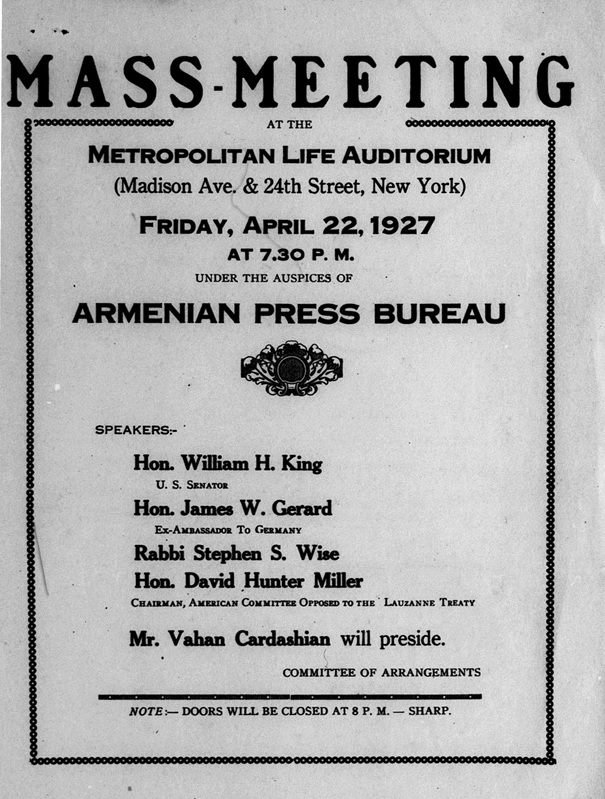

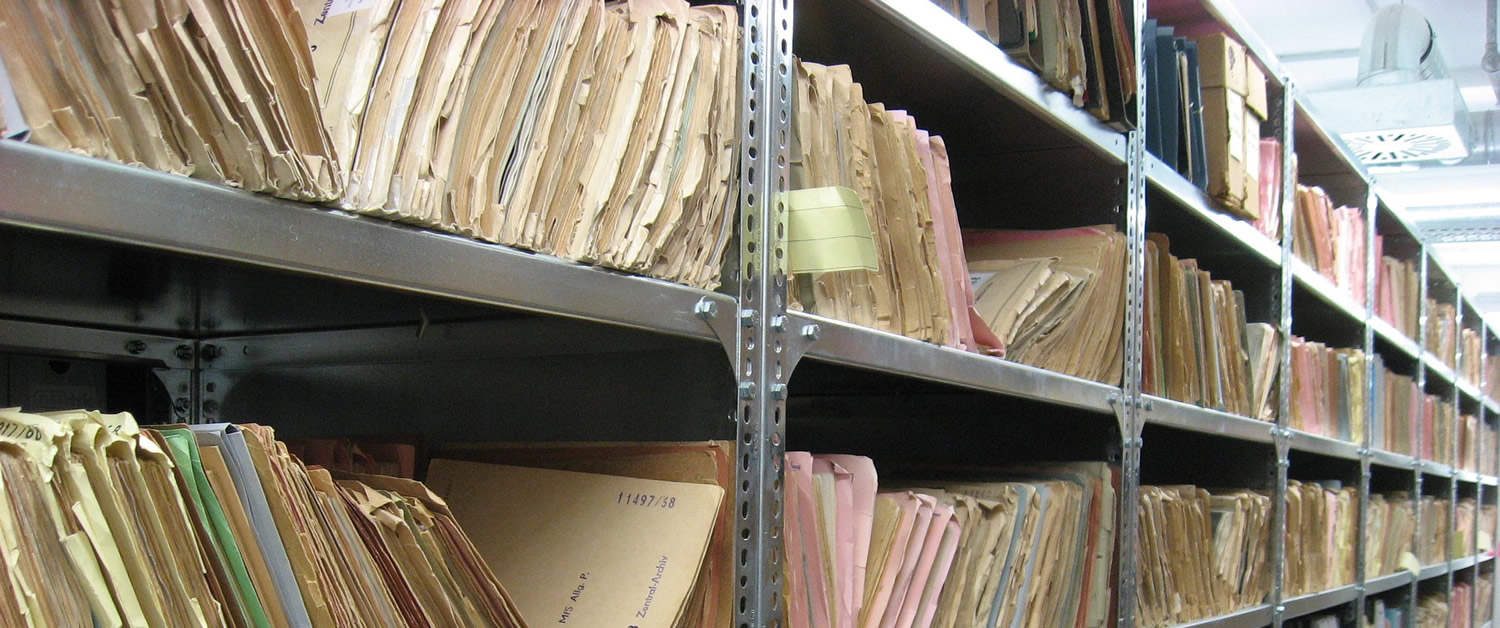 HISTORICAL ARCHIVES OF THE ARMENIAN PATRIARCHATE OF ISTANBUL
HISTORICAL ARCHIVES OF THE ARMENIAN PATRIARCHATE OF ISTANBUL
 RENEWED EFFORTS TO MANIPULATE PUBLIC AND SCHOLARLY DISCOURSES ON THE ARMENIAN QUESTION BY FINANCIAL MEANS
RENEWED EFFORTS TO MANIPULATE PUBLIC AND SCHOLARLY DISCOURSES ON THE ARMENIAN QUESTION BY FINANCIAL MEANS
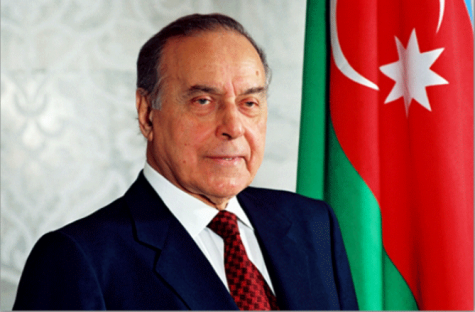 12TH ANNIVERSARY OF THE PASSING OF HEYDAR ALIYEV
12TH ANNIVERSARY OF THE PASSING OF HEYDAR ALIYEV
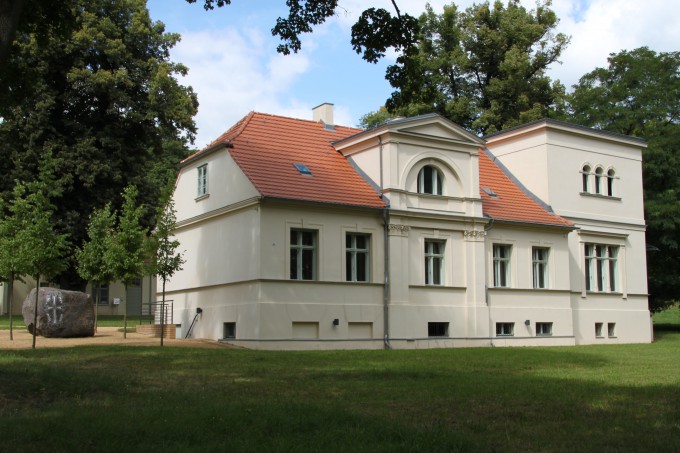 TWO STATEMENTS REGARDING 10TH WATS MEETING
TWO STATEMENTS REGARDING 10TH WATS MEETING
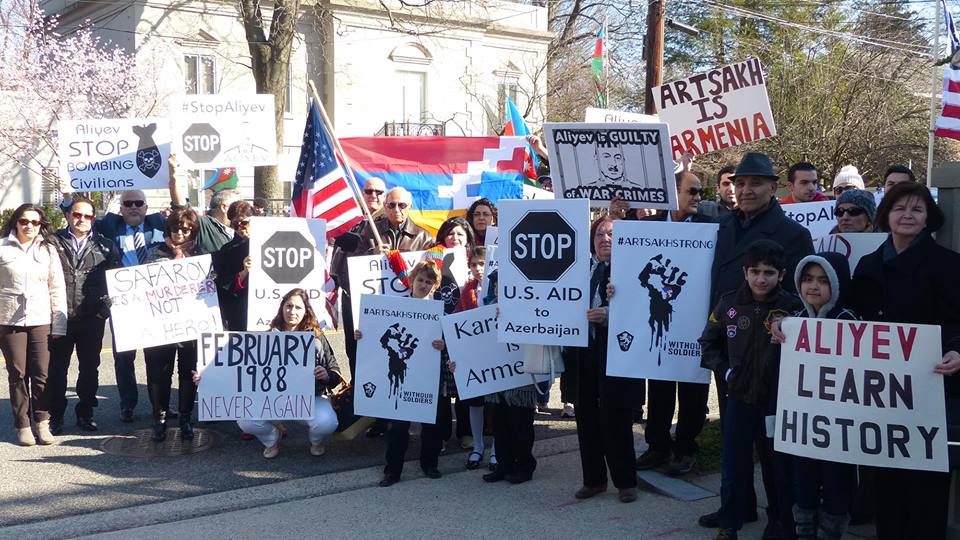 H. RES. 220 – A CONFLATION OF PAST AND PRESENT
H. RES. 220 – A CONFLATION OF PAST AND PRESENT
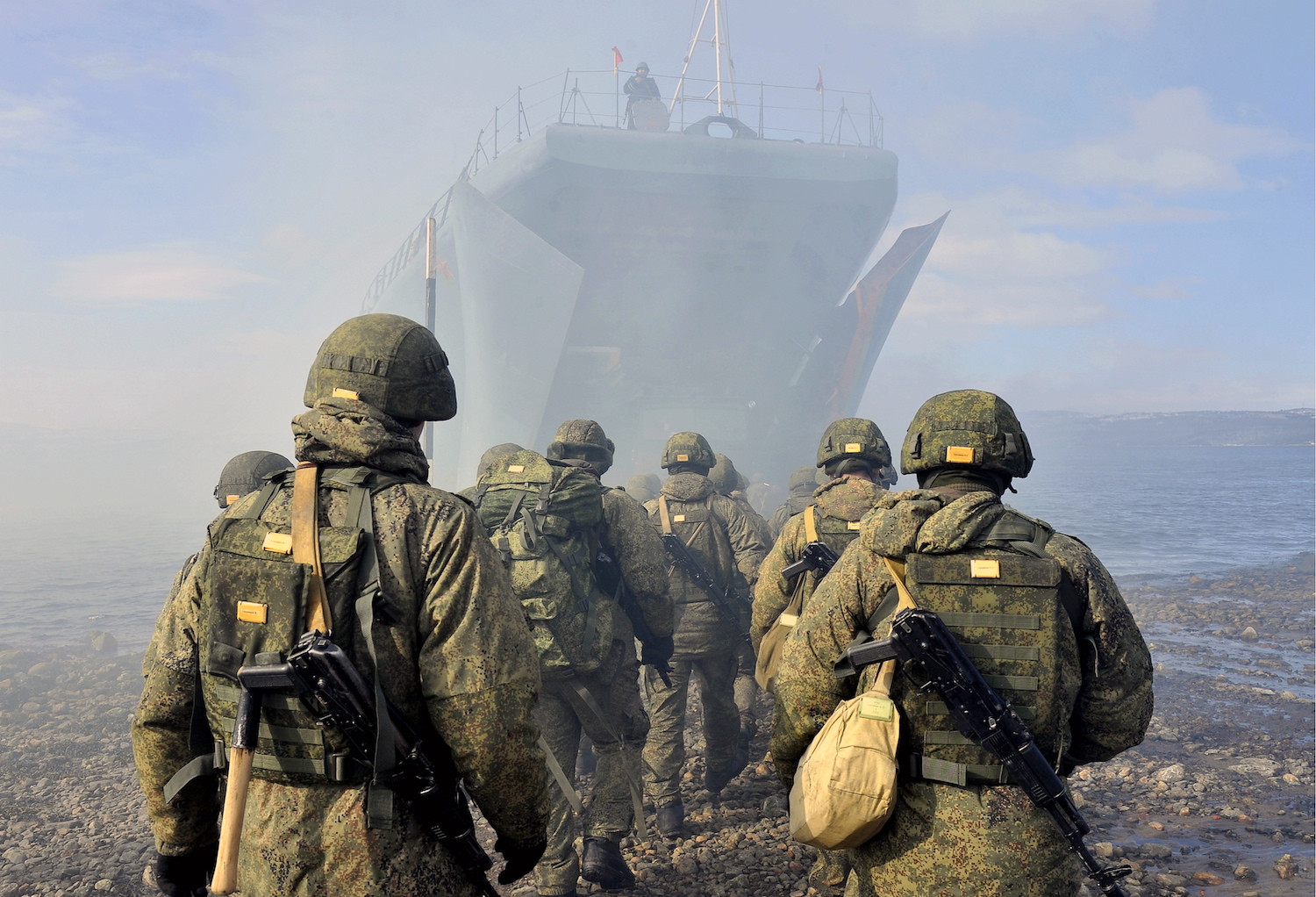 THE RECENT SHOW OF POWER OF RUSSIA AMID THE DISCOURSE OF DISARMAMENT
THE RECENT SHOW OF POWER OF RUSSIA AMID THE DISCOURSE OF DISARMAMENT
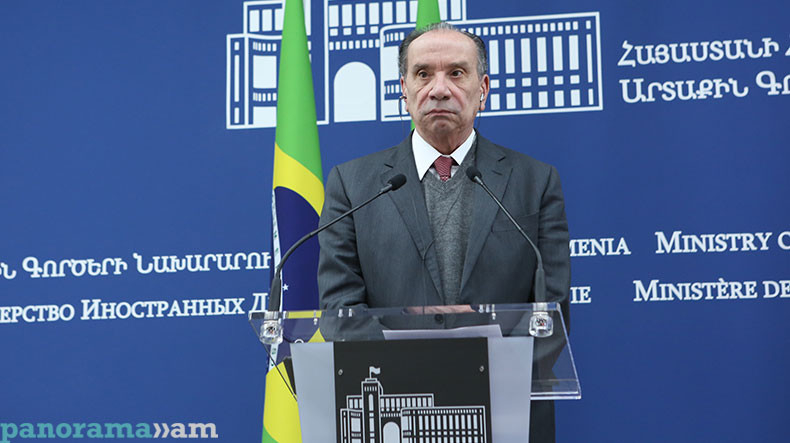 THE BRAZILIAN MINISTER OF FOREIGN AFFAIRS HAS DISAPPOINTED ARMENIA
THE BRAZILIAN MINISTER OF FOREIGN AFFAIRS HAS DISAPPOINTED ARMENIA
 GREECE, GREEK CYPRIOT ADMINISTRATION AND ARMENIA - COMMONALITIES
GREECE, GREEK CYPRIOT ADMINISTRATION AND ARMENIA - COMMONALITIES




























